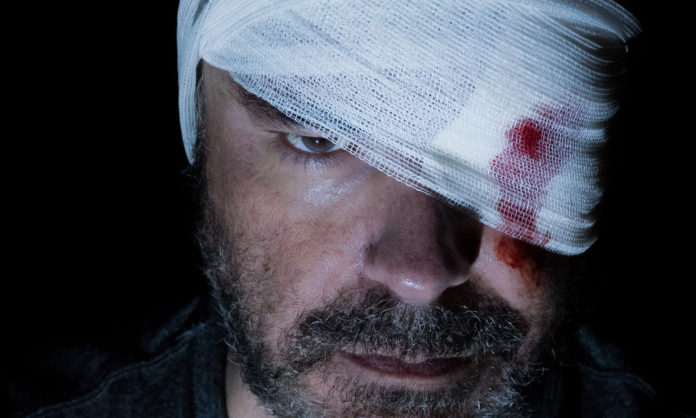
In a recent blog post, Kristen Lamb examines wounds and their effect on character and story. “Wounds matter in life and in fiction,” she says. “Wounds are part of the human experience. When we understand the nature of wounds, our fiction becomes all the richer just by adding in these layers.”
In her work as an editor, Lamb sees too many writers who hold back, instead of diving in to their characters’ flaws, weaknesses, and pain. “Undamaged characters aren’t simply boring, but the audience won’t be able to relate with them,” she writes. “In fact, the more messed up a person (or character) is, often the more interesting they become. Audiences LIKE messed up people because they are a) the same but different (usually) b) they are unpredictable c) they inject excitement/drama into the everyday.”
That said, character wounds should fit your genre. “No one expects a cozy cupcake mystery to explore the nature of evil,” Lamb notes. “Conversely, if a reader is in the mood for a story that probes the depths of the human condition, they’re probably not picking up a novel about a cupcake baker who solves local crimes.” But genre shouldn’t be your excuse to avoid damaged characters. Instead, find the emotional resonance that fits your tone.
Lamb identifies some common wounds:
Perfection. “From ideal body type to what constitutes success, normal or abnormal is in constant flux, and is different everywhere,” Lamb notes. “It even varies from household to household depending on culture, and you got it…wounds.”
Pain of Falling Short. No matter what genre, you’re likely to encounter a character who doesn’t quite measure up – to an ancestor, sibling, peer, or unrealistic standard. Or perhaps your character is the standard, but didn’t ask to be. Look no further than Game of Thrones to find this dynamic in Tyrion v. Jamie, Arya v. Sansa, Sam v. Dickon Tarly, Theon v. Yara. The list goes on.
The Diseased Family Tree. “Family damage can come in many forms,” Lamb says. “Sometimes the diseased family tree is not as obvious. Often, parents believe they’re giving their children the best, but are actually deluded about the nature of their motives.”
Life Wounds All. “If family doesn’t make us bleed, then school, peers, romantic interests, work colleagues, social media, well-meaning editors, book reviews, or plain bad luck will,” Lamb writes.











